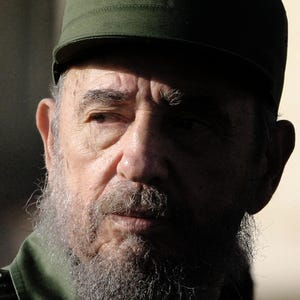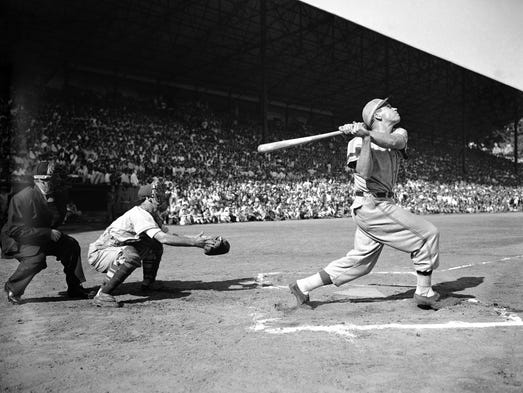Categories
How Fidel Castro’s revolution ended professional baseball in Cuba – USA TODAY
The end for minor-league baseball in Cuba came in July 1960.
The Havana Sugar Kings of the Class AAA International League were on a road trip playing the Miami Marlins when league president Frank Shaughnessy ordered the team be transferred from the Cuban capital to Jersey City, N.J.
The move was so abrupt that a patch reading “Jersey City” had to be sown over the “Cubanos” script on the jerseys worn by former Sugar Kings players when they played their first game as the Jersey City Jerseys on July 16, losing 4-2 to the Columbus Jets.
In the wake of Fidel Castro’s revolution, Sugar Kings owner Bobby Maduro tried to work with Castro, who died Friday at age 90, to keep the team in Havana.
But tensions between the United States and Cuba had grown to the point where Shaughnessy feared for the safety of baseball personnel in Cuba.
“It was a tremendous blow for my father,” said Maduro’s son, Jorge.
The elder Maduro had bought the Class B Florida International League’s Havana Cubans team in 1953 and transferred the franchise to the highest minor-league classification in 1954. His hope was to eventually bring a major-league expansion team to Havana.
“That’s what consumed him,” Jorge Maduro said.
Instead, Maduro’s franchise struggled to draw fans in Jersey City and eventually moved to Jacksonville, Fla., before fading into obscurity.
Cuba’s professional winter league met a similar fate.
The Cuban League, which had existed since 1878, two years after the formation of the National League in the U.S., played its final season in 1960-61.
Players from the major leagues, minor leagues and Negro leagues had played in the Cuban League throughout the first half of the 20th century.
But that would no longer be the case as Castro’s revolutionary government began nationalizing businesses throughout the country, including all U.S. businesses and commercial property.
As relations between Cuba and the U.S. continued to deteriorate, American players were barred from participating in the 1960-61 Cuban League season, which had to be played with all-Cuban rosters on the four teams in the league: Habana, Almendares, Cienfuegos and Marianao.
Before the scheduled start of the 1961-62 season, Almendares announced it would withdraw from the league and not rejoin “as long as Fidel Castro is in power.”
The Cuban League never played another game and professional baseball, which had been ingrained in Cuban culture for almost a century, became one of the victims of the revolution.
Cesar Brioso is author of “Havana Hardball: Spring Training, Jackie Robinson, and the Cuban League.” Research for his next book on how professional baseball ended in Cuba after the Castro revolution, was included in this report.
PHOTOS: The era of professional baseball in Cuba














